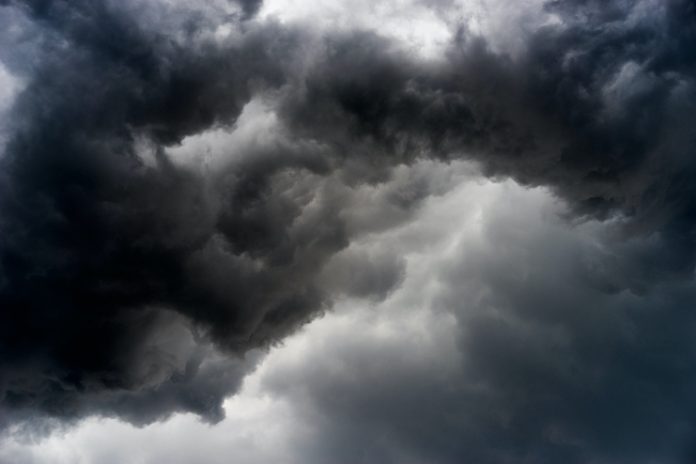While the COVID-19 pandemic has made it a challenging year for the hospitality industry, hotels have made operational changes to help soften the blow, and many of these have hinged on technology. Efforts to limit close physical interactions between staff and guests have led to the adoption of more digitally-driven services, such as contactless check-in, digital menus, and in-room voice assistants. These capabilities will remain must-haves for hotels even beyond the pandemic.
However, the implementation of new IT infrastructure always raises the issue of resiliency, another theme that has been driven home in the uncertainty of today’s circumstances. This year, the United States ran out of names for hurricanes based on the traditional format and transitioned to the Greek alphabet for the first time since 2005’s devastating storm season. The West Coast has faced wildfires of historical significance, turning skies orange and producing smoke visible from the other side of the country.
All of these dynamics have an impact on power management demands, which, in turn, play a key role in ensuring IT resiliency and setting the stage for an effective disaster preparedness strategy. Below are some key considerations for deploying power backup solutions to safeguard critical IT systems in a changing industry and environmental landscape.
Considering the Components
An integrated approach is the most effective for leveraging power management systems to protect critical IT assets. This is especially important in the hospitality industry as many hotels expand their infrastructure with distributed IT systems designed to help drive faster and better-quality services to guests. Ensuring adequate power protection must account for all of these resources—from central IT infrastructure to any edge data centers and/or network closets deployed across facilities. Technologies powering today’s increasingly complex IT systems include:
Uninterruptible power systems (UPSs)
If IT systems are on when the power goes out, they will all turn back on once power is restored, leaving equipment extremely vulnerable to damaging power surges or overloading a still-recovering electrical circuit. A UPS can provide enough power to keep systems up and running so employees can save files and ensure the backup process has been initiated.
While valve-regulated lead-acid (VRLA) batteries have long been the industry standard for UPSs, new lithium-ion batteries offer a host of benefits for UPS applications. Most notable for an extended blackout is the fact that they last longer and recharge faster, offering an eight- to 10-year life cycle compared to traditional VRLA batteries, which generally need to be replaced every three years.
Standby generators
Standby generators, which can keep critical applications operating for extended time periods, range from small devices that can fit into a shopping cart to giant machines requiring transport by a semi-truck. Generators can be portable or permanently installed, and their most common fuel options include propane, natural gas, and diesel.
For hotels that rely on a generator to keep their operations and services up-and-running during an outage, there’s a need to ensure enough fuel supply to maintain power for a prolonged period. If an outage were to happen during an earthquake, for example, roads could be knocked out and impact the ability to resupply fuel.
While generators are often a requirement for larger hotels, they may have little oversight in terms of inspections and could fail to auto-start in the case of an event. These dynamics underlie the importance of having a UPS positioned to bridge the power gap as IT teams work to ensure a generator has successfully started up.
Power monitoring software
To help IT staff monitor equipment and keep critical IT applications running during outages, remote power monitoring software can be leveraged in conjunction with power management devices. As many hotels look to minimize on-premise staff during the pandemic and resulting travel slowdown, IT technicians can use this software to remotely monitor backup devices and other equipment. Alerts can be set up in advance to provide notifications to staff when there is trouble.
Predictive analytic services
Going hand-in-hand with power monitoring and management systems are advanced preventive maintenance services for power management devices. Predictive analytics services can help hotels and their IT staff anticipate the failure of critical components before they occur. Repairs or updates can be scheduled for optimal maintenance windows, avoiding emergency service calls at inconvenient times, which might result in disruptions for guests.
While disaster preparedness heeds a strategic approach, weighing all the options carefully to make the right power management decisions can help prevent major obstacles from occurring down the road. Having an integrated framework can help hotels and their IT staff prepare for the future as industry dynamics continue to evolve. In a landscape where IT demands are changing and Mother Nature always brings surprises, teams can rest easier knowing their systems are protected.











